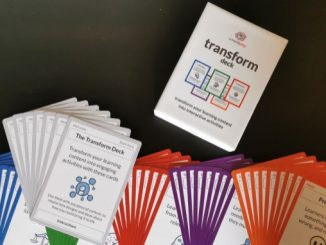
Review of Transform Deck and Toolkit
The Transform Deck follows the tradition of creativity decks such as Michalko’s Thinkertoys This deck focuses on inspiring ideas and sparking creativity […]

The Transform Deck follows the tradition of creativity decks such as Michalko’s Thinkertoys This deck focuses on inspiring ideas and sparking creativity […]

As a tie-in with the Make & Break issue of Ludogogy, we organised a number of events about Playtesting and Prototyping including a oopening panel event […]
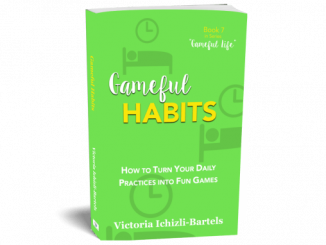
Bartels is the author of numerous books on different facets of her ‘Self-Gamification’ approach to self-help by turning one’s life into games. […]

One piece of advice you often come across is to use the highest quality materials you can afford, to make your prototype as realistic as possible. […]

If this book by Engelstein and Shalev had existed back then, I would definitely have used it to explore game mechanics to inform my game design. […]

Many have discovered that learning games and playful activities are effective for learning if you are required to use ‘online’, rather than a classroom setting. […]

If you’ve ever been involved in a change initiative, chances are, somewhere along the line, you have come across a kind of ‘magical thinking’ whereby those proposing the changes miss out many of the details […]
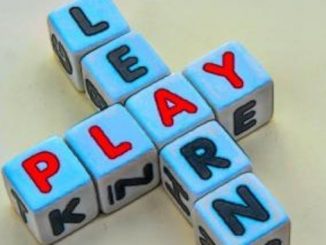
If you wanted to be able to explain the pedagogical value of games and gamification, then this book would work extremely well. […]

The word Dystopia was coined when John Stuart Mill, added the prefix ‘dys’, meaning ‘bad’ to utopia, to create the idea of a perfect world gone bad. […]
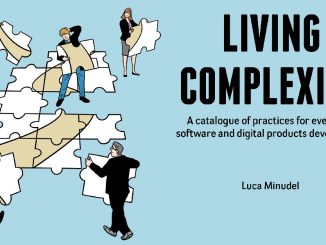
Living Complexity is described by its author, Luca Minudel, as a catalogue of practices for use within teams, with an eye also at the broader organisation. […]

Victor Motti’s book, ‘A Transformation Journey to Creative and Alternative Planetary Futures’, embodies a heartfelt plea for the creation of a planetary-wide consciousness, which the author (probably quite rightly) believes is our best hope for […]
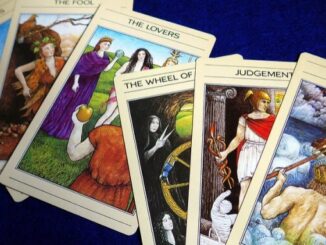
There is however another class of ‘games’, made up of generic components and concepts , which therefore allow an almost infinite number of possibilities in play […]

There are a number of ways in which games can be classified or described as systems. In regard to their composition, they can be seen as collections of inter-related parts; rules, mechanisms, physical components and […]
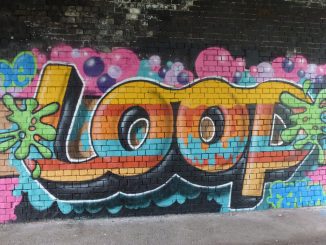
Nowadays, when most people hear the term ‘Cybernetics’ they will tend to associate it with computer technology, possibly in a sci-fi or futuristic context. However, the term existed well before the age of digital computing. […]
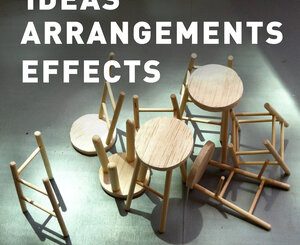
Ideas, Arrangements, Effects (IAE) starts with a simple premise – that ideas are embedded in social arrangements, which in turn produce effects. […]
Ludogogy 2025